This move affects millions of customers and we have a lot of questions.
It appears that T-Mobile and Sprint will become one company under the T-Mobile name if regulators approve the pending merger. We heard rumors of this happening renewed recently, and T-Mobile CEO John Legere and Sprint CEO Marcelo Claure held a joint Sunday press call to announce their intent. You can find our take on all the news right here.
It's going to be a big change for millions of customers. We've seen plenty of smaller carriers get pulled into the fold of a larger, but when two of the Big Four are set to combine their networks things are a little different and there will be more questions. We have those same questions, too, and have been busy looking into the details ourselves so we can get everything sorted out. Should this merger gets the required approval from government agencies, we need to know what to expect!
What's the big deal?
We're seeing Sprint, a company with 55 million customers, becoming part of a new T-Mobile (which has 73 million customers) to form what amounts to a new company under a familiar name. That means a lot of people are directly affected and because AT&T and Verizon will react to the news, everyone will see something new from their carrier. We always tend to brace ourselves for the worst, but there is a lot of good news here for everyone.
This $26 billion deal will affect all of us when other carriers react. And they will.
We never like to see choices get fewer. With Sprint out of the picture, there will be three major carrier choices in the U.S. for wireless customers and that makes it easier for the companies to raise rates or diminish service quality in some way. It's especially worrying when one of the companies is T-Mobile, which revitalized itself in the past two years because it was able to offer lower rates and more benefits. We don't want to see that go away. Legere and Claure feel that it won't, and even think that having cable operators like Comcast and Charter offering wireless service means 5G wireless will have more competition even with the two companies merged.
Maybe the most important thing here is the future of 5G. As the two CEOs were happy to point out, a combined Sprint and T-Mobile will have the best foundation for a new 5G network out of any wireless provider in North America. Verizon and AT&T may have more available wireless spectrum but most of it is in use for existing 3G and LTE networks. This spectrum will have to be repurposed without service interruption to current customers which will be an expensive and slow affair. The "new" T-Mobile has a huge swath of available spectrum it can use to build a nationwide 5G network from scratch, provided it isn't forced to relinquish any of it to achieve regulatory approval.
I'm a T-Mobile customer, what will happen to my service?
Right now, nothing. This deal isn't final just yet and won't be until it's approved by federal agencies. We saw an AT&T - T-Mobile deal fall through because it couldn't get that approval and nothing here is a given. If and when it is approved, it will still be a while until any significant changes can happen. These two companies are huge and steering a ship that big takes a long time.
Don't expect any significant improvements any time soon.
We expect T-Mobile service to improve once this becomes a reality. And not just a little bit. T-Mobile has an excellent network at the consumer-facing end points with plenty of available bandwidth and fast speeds, but the total coverage footprint is lacking. If you're a current customer who sees a stretch with no service on your commute to and from work, for example, this deal is what T-Mobile needs to make that go away. And from what the company has said, it plans to build a 5G-ready network to fill in those gaps.
Don't expect your current service to get faster any time soon, but if you're on the fringes it will get better. You'll have a stronger connection in more places and spots that can currently get congested because there are so many users will have more bandwidth available so it can be improved. In the long-term, expect to have better service in more places on a newer network.
I'm a Sprint customer, what will happen to my service?
Most of what applies to T-Mobile customers also applies here, but for the opposite reasons! Sprint has what it needs to build a network with a giant footprint but struggles at the end delivery. Where the company was able to spend resources to roll out a large network, users see great service, but Sprint generally delivers a connection that's barely acceptable across a fairly wide area.
Sprint has only lacked one piece of the puzzle for years: money.
If granted approval, Sprint customers that become part of a new T-Mobile network should expect to see improvements where they have mediocre service right now in the short-term. The two companies' assets combined will get you onto a network that has what it needs to deliver service from the tower to your phone, not just from tower to tower.
Long-term goals align with the promises Sprint has been making for the past few years — a very fast high-capacity network that works almost everywhere. Sprint has always had what it needed on the technical side but poor financial results kept company management from making the huge financial investment needed to put it to use. T-Mobile has an innate ability to fix that and the company's knack for attracting customers means investors and executives aren't afraid to sink money into equipment that makes the difference.
Will my prices increase or decrease?
Maybe, but we don't expect to see any big change in the near future.
Maintaining a nationwide wireless network takes a lot of money and so does building a new one. A new T-Mobile will see plenty of short-term cost benefits compared to running two separate companies. Stocks are already rising based on the rumors that this merger would happen and investors will be bullish because of the combined assets and how they fit into a 5G network plan and we don't expect that to change unless AT&T or Verizon reveals something even more attractive.
The "new" T-Mobile won't go very far if all the customers leave. Don't expect to see any big change in your monthly bill.
We've seen costs rise for some plans from both companies, but their hallmark packages for consumer service tends to stay around the same price over the past few years. Both Sprint and T-Mobile use low prices on unlimited or large family data plans as a selling point and we don't think that's going to change right away. One of the new company's goals is to have enough customers to make AT&T and Verizon (and Comcast and Charter) nervous, and raising prices in any dramatic fashion isn't going to help there. We know what we have been told a new network will be like on T-Mobile, but we actually know what service is like on Verizon or AT&T so if rates get higher customers may start to make the switch.
We do expect Sprint's penchant for eternal promotional plan pricing to go away, so plans that would normally be $120 per month for three users but are now $80 will probably become unavailable for new customers. And who knows, there may be some great deal for new subscribers from the newly merged company, too.
Are a lot of people going to lose their jobs?
The two companies say no. On a conference call John Legere stated that the merger will create more jobs, both in the immediate future as well as year-over-year. He gave the T-Mobile purchase of MetroPCS as an example, which caused an increase in employees that the Metro PCS assets provided than worked for the company originally. Sprint was forced to lay off a large number of employees in early 2018, and this merger should help stave off another round of large-scale layoffs.
A move like this will both create and eliminate jobs. Let's hope the result is a net positive.
The CTIA forecasts that 5G technology could create up to three million new jobs and $500 billion in economic growth. Planning and deploying a 5G network the way this merger allows will create more American jobs and bring some of that $5 billion to American pockets. Separately the two companies wouldn't be able to create nearly as many jobs than it can together here.
But there will almost certainly be some people who find themselves out of work. It will take time for the two companies to consolidate things like customer service and billing departments, but there will be overlap and some positions will be no longer needed. Those will be offset by the need for more engineers and field technicians as the network expands, but usually few people can transition from the former to the latter. T-Mobile will hopefully offer training and anything else needed to make internal transfers where it can, but it's unrealistic to think that nobody loses their job when two companies this big combine.
Should I leave for AT&T?
That depends on why you are leaving.
If you like the service you have now you should probably keep it. Your current Sprint or T-Mobile service isn't going to get any worse and we doubt prices are going to rise any time soon. The new T-Mobile really wants you to stay so it won't be doing anything stupid when it comes to the quality of service or the price.
If you've been thinking of switching to AT&T because the service is better right now, this merger may turn out to be a great way for AT&T to lower its prices or offer some sort of incentive to get you to switch. If you know you'll have a better connection where you need it with AT&T, jump over! Just don't sign any long-term contracts in case you want to move back once a new network begins to roll out.
Should I leave for Verizon?
Again, it depends on why you're thinking of doing it. And mostly for the same reasons.
Verizon has a very good network in almost every place you'll ever be inside the United States. That's not going to change because of this news. Once we see a true 5G network landscape begin to evolve, Verizon will have a tougher time putting it in place than the competition will. This is because of the same reasons the network is currently great — it uses the assets it has to build out a strong LTE network so there isn't a ton of spare bandwidth laying unused. I'm certain that Verizon has a plan to address this and I imagine we'll be hearing more about it from the company now that a potential merger between Sprint and T-Mobile has been announced.
If the service you have now with Sprint or T-Mobile is bad, go ahead and switch. Just remember that you might want to switch back once T-Mobile starts to do the things ti say it wants to do. Let the future be the future and use what works best for you right now.
When should we expect to see any changes?
Regulatory approval may take months to obtain, if it is even granted at all. It likely won't happen before mid-2019, though I do expect both parties have been advised that it will be approved.
Things will stay mostly the same for several years.
Once approval is given, it's going to take a few months for the details to get ironed out and execs to move their desks. Then there will be lots of meetings and busy accountants so expect another month or two before any changes can even be talked about. Under perfect conditions, customers might see a change in service — hopefully for the better — late next year.
The long-term plan is to have all Sprint customers moved to the new T-Mobile within three years — that's 2021. I expect that means the company plans to have the 2.5GHz and 600MHz spectrum it would hold should the merger be finalized deployed by then and T-Mobile customers would also be on what's essentially a new network.
Will I need a new phone?
Probably not.
When 5G is deployed everywhere, we all will need new phones, but since that's years away we will all have one by then. This merger is kind of the same situation — the phone you have in your hands will probably work just fine throughout its normal life even if the name of the company you pay each month changes.
By the time you need a new phone you will have already bought one.
A joint press release from the companies says that over 20 million Sprint customers currently have a phone that will work on T-Mobile with no issues. What that means is late-model Galaxy phones and iPhones plus a few others like the Essential phone, which are or can be SIM unlocked and work if you were to switch right now. Sprint isn't selling phones with the expectation that customers want to use them on T-Mobile.
Phones like this should be able to take advantage of any improvements in the network while large-scale deployment is happening, but by the time everything is in place, you won't be using them. Newer models will be built to use the network the company is planning and unless you found something really exotic to use on Sprint a new model of your favorite phone will be built to work everywhere there is "new" T-Mobile service.
Both companies have been through this before when T-Mobile bought MetroPCS and Sprint bought Nextel. If you were around for either event and your phone company got bought out by a larger one, you know there weren't any changes that required a new phone for quite some time. And phones today are built to work in more places with more network bands so it will be an even easier transition.
What else do you want to know?
This FAQ is 🧟♂️ *alive 🧟♀️, so let us know what you want to know about the merger and we'll add it to the list!
Carriers
- Which unlimited plan should you buy?
- Verizon's Unlimited plans: Everything you need to know
- Everything you need to know about the T-Mobile ONE unlimited plan
- Everything you need to know about the AT&T Unlimited plan
- Everything you need to know about Sprint's Unlimited Freedom plan
- Join the Discussion
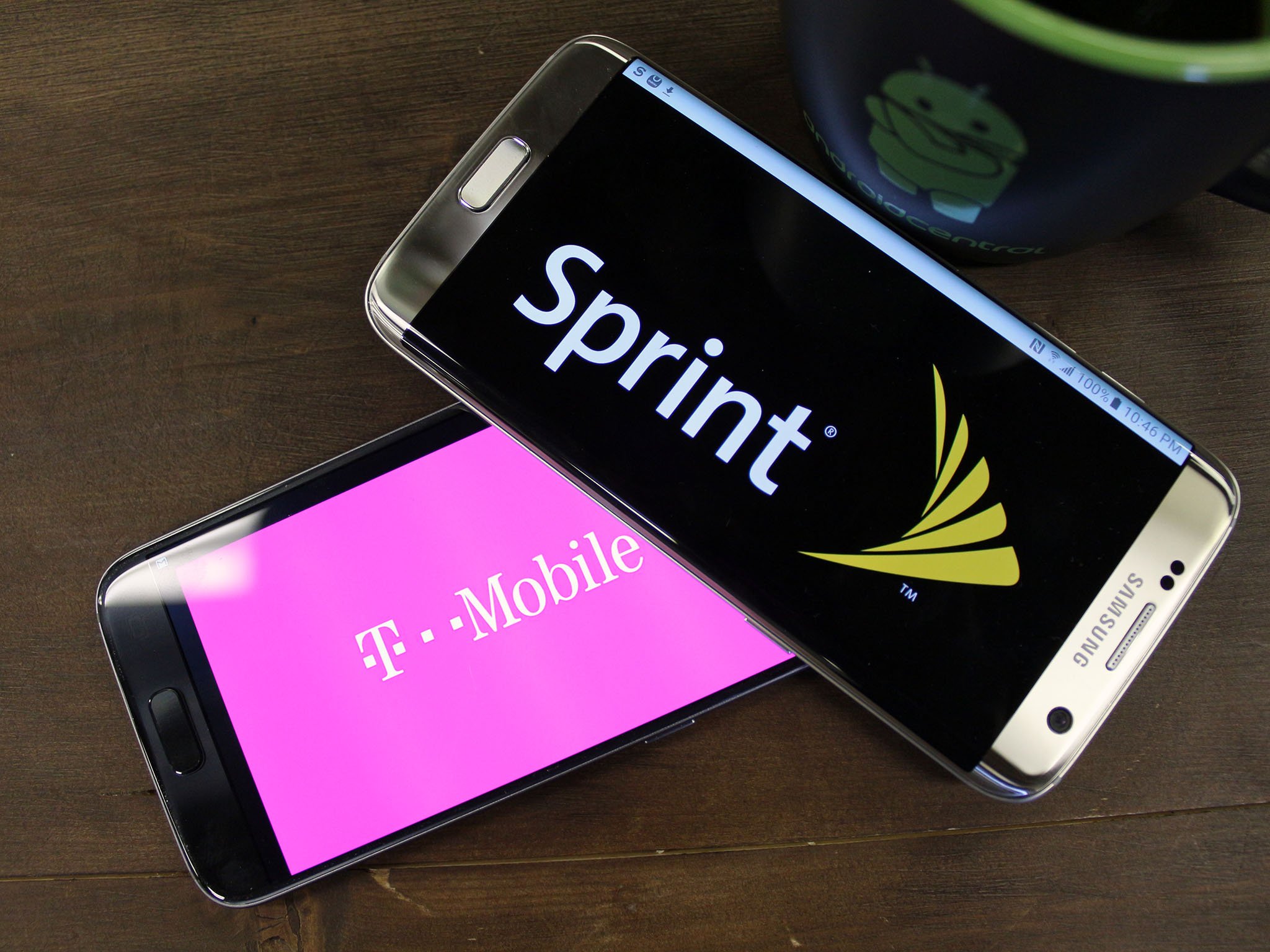

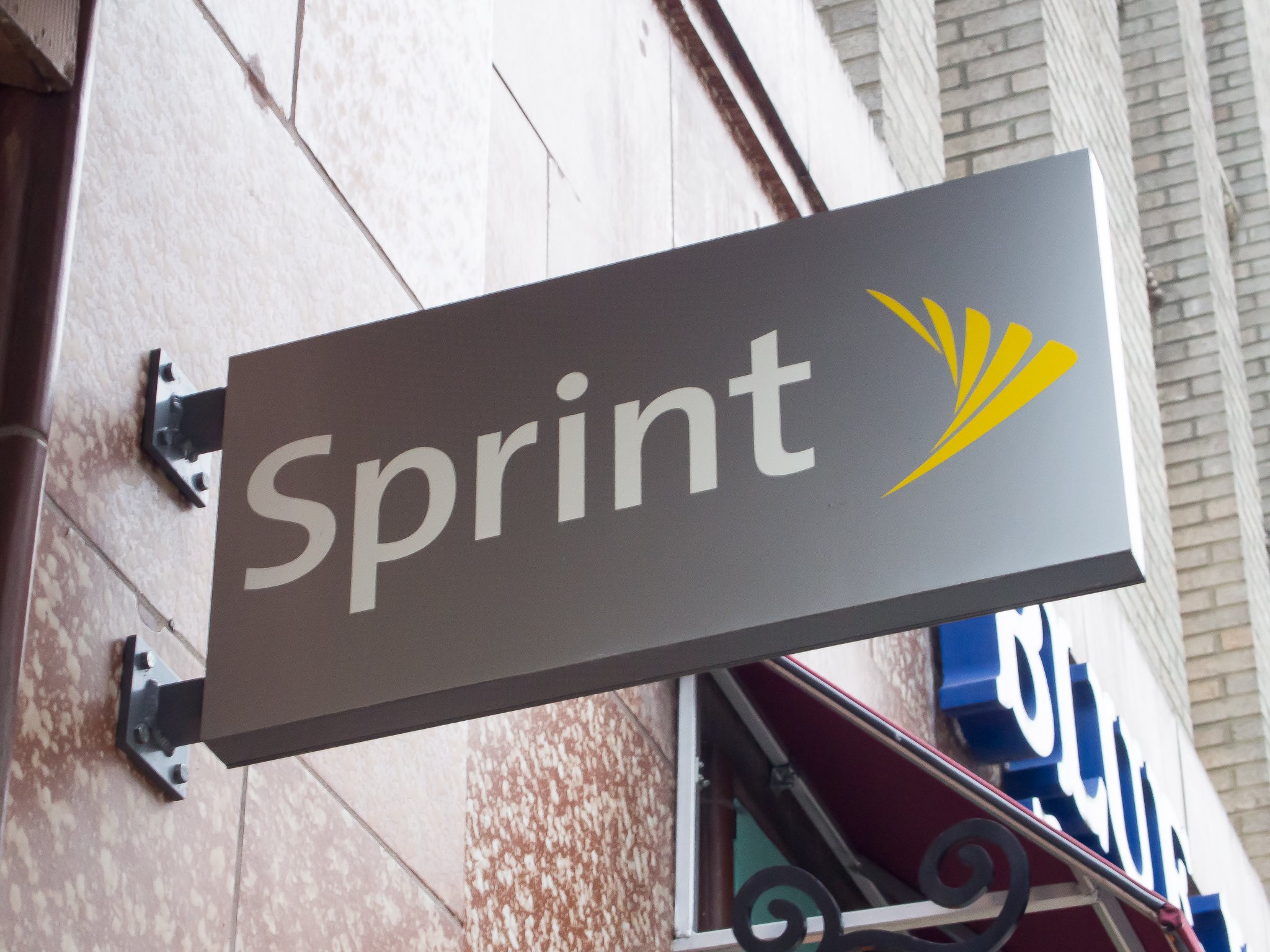
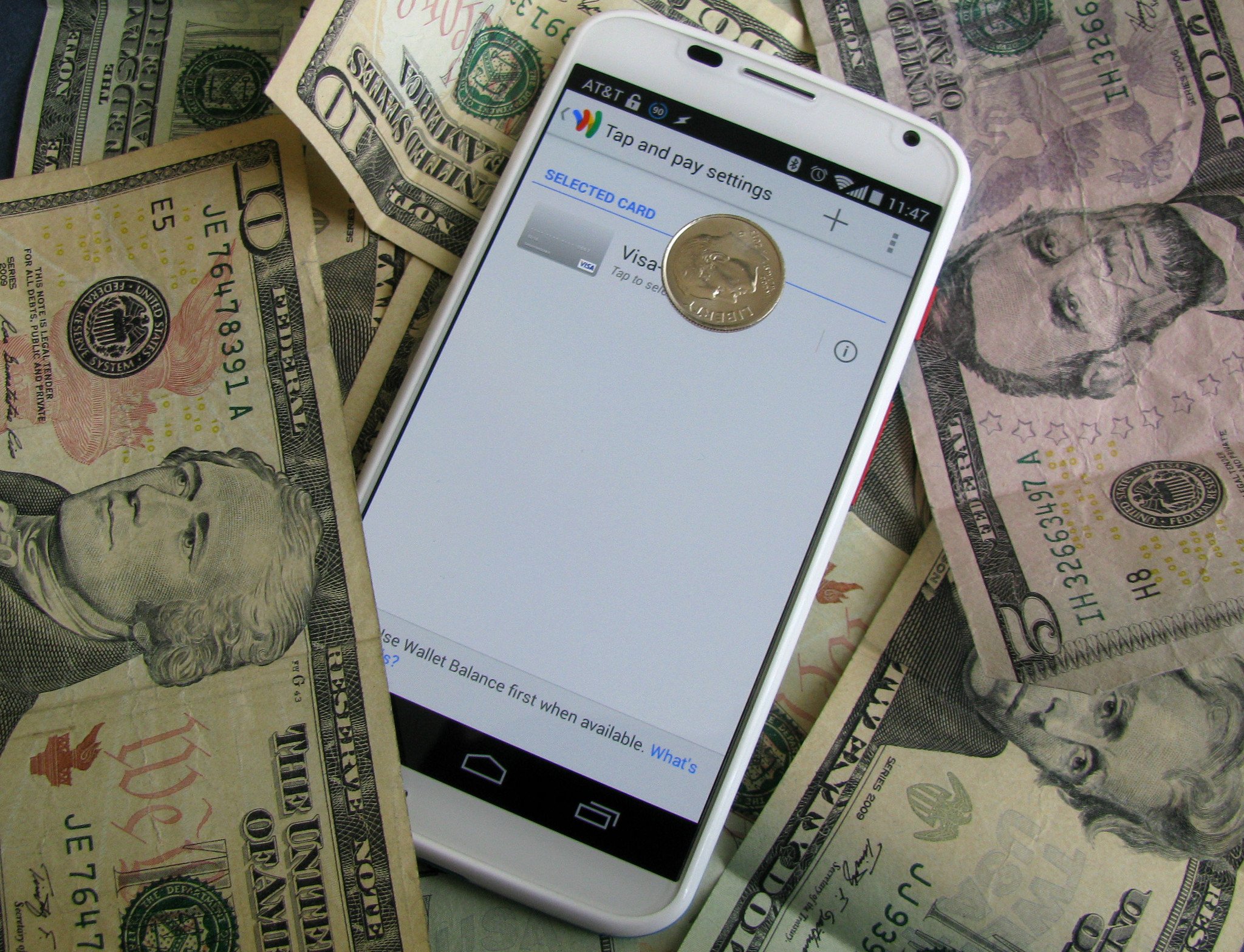
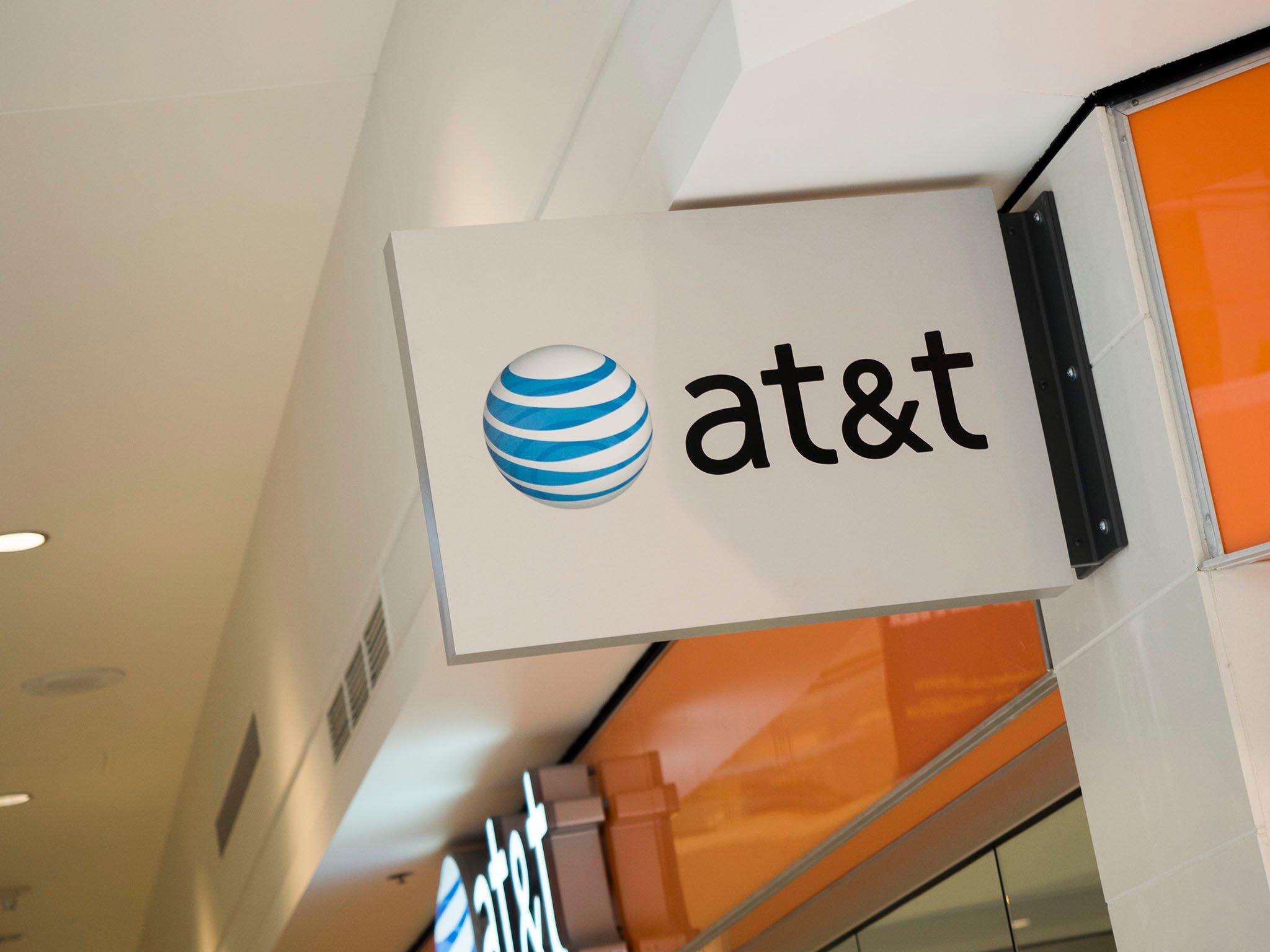
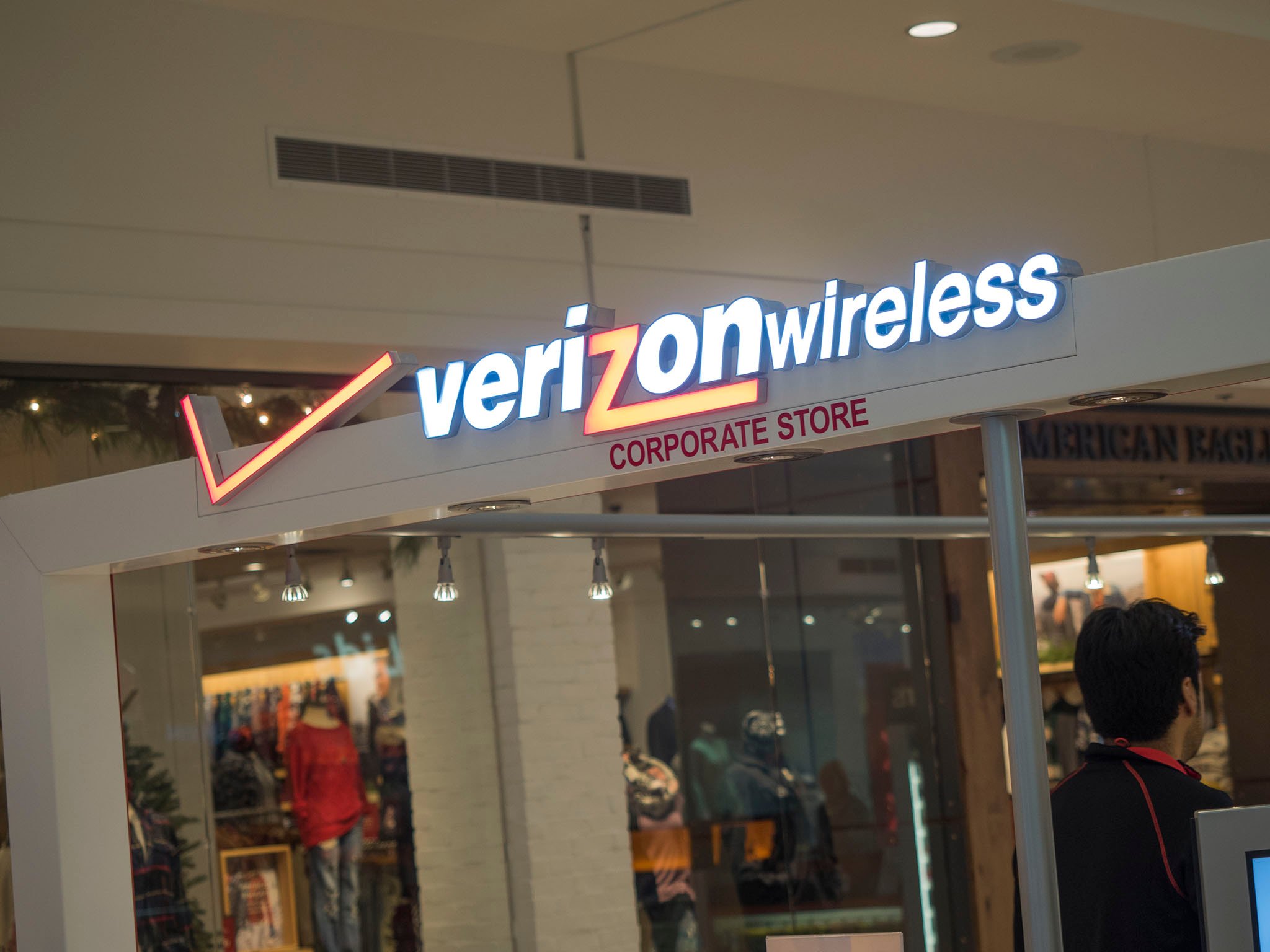

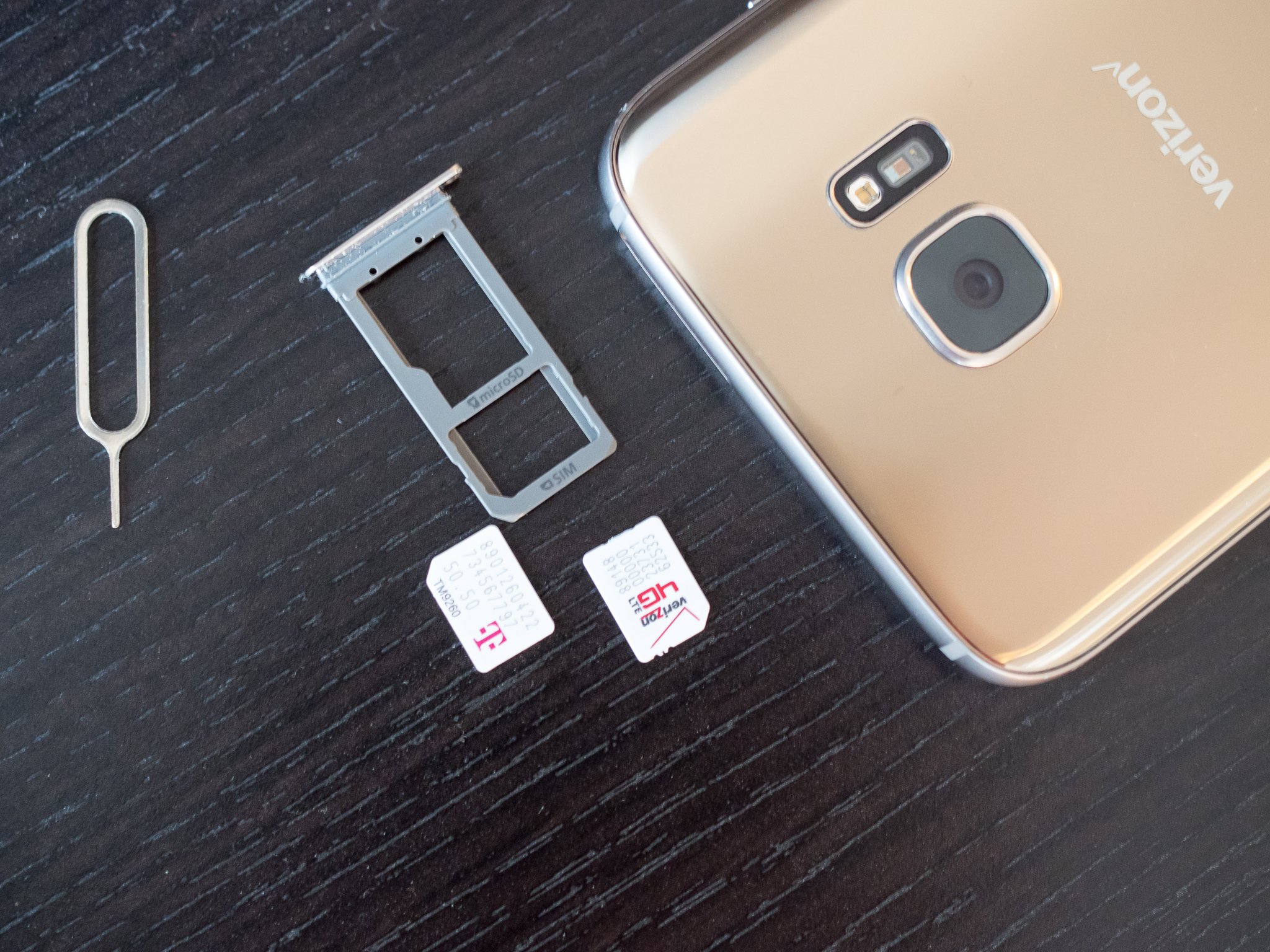
Tidak ada komentar:
Posting Komentar